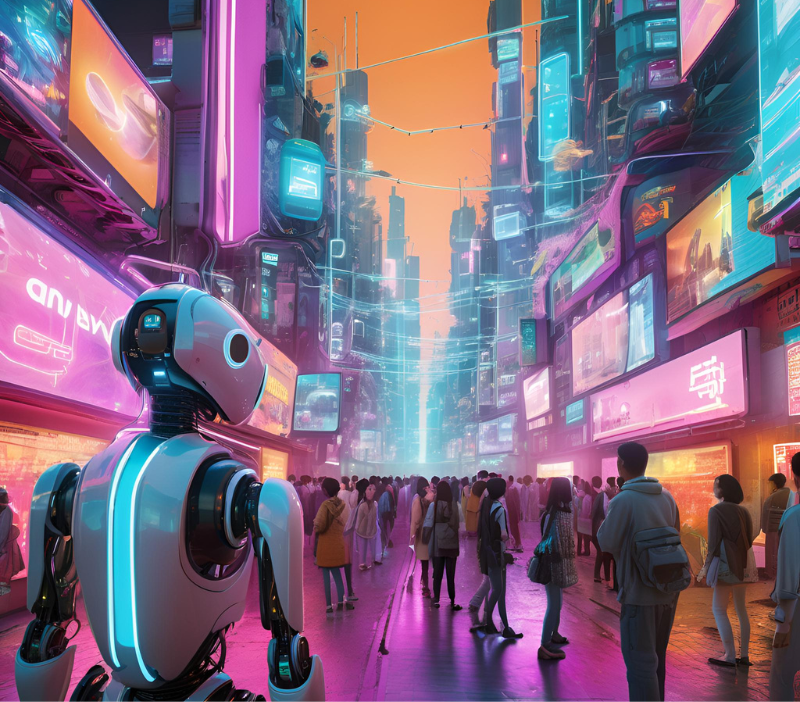How Technology Shapes Our Everyday Lives
The Effects of Technology on Human Life
Technology has fundamentally transformed the way we live, impacting nearly every aspect of human life. From communication to healthcare, education to work, and social relationships to entertainment, it has revolutionized our daily existence. While technology brings a host of advantages, such as convenience and increased access to information, it also presents challenges that affect our well-being and social dynamics. This essay explores the significant ways in which technology influences human life, touching on its benefits and the issues it creates.


Communication: Bridging and Eroding Human Connections
One of the most significant effects of technology is its transformation of communication. In the past, staying connected with friends and family required physical letters or face-to-face interactions. Today, smartphones, social media, and messaging apps allow us to communicate instantly with anyone, anywhere in the world. This has strengthened global connections and made it easier for people to maintain relationships across distances.
However, the convenience of digital communication has come at a cost. Many people argue that technology has weakened in-person interactions and interpersonal skills. While we are more connected digitally, studies suggest that people feel lonelier and more isolated than before. Relying too much on texting or social media for communication can diminish the quality of relationships, as virtual interactions often lack the emotional depth and nuance of face-to-face conversations.
Work and Productivity: Efficiency with New Challenges
Technology has revolutionized the way we work, increasing productivity and efficiency across industries. Automated systems, artificial intelligence (AI), and digital tools have made processes faster and more accurate, reducing the need for manual labor. In fields such as manufacturing, data management, and healthcare, technology has streamlined operations and allowed businesses to achieve more with fewer resources.
However, this increased efficiency comes with concerns about job displacement. As automation and AI continue to advance, many traditional jobs are at risk of being replaced by machines. Workers in industries such as manufacturing, retail, and transportation are particularly vulnerable, which raises the need for re-skilling and new educational opportunities. The future of work is becoming more tech-driven, and while this brings innovation, it also requires adaptation from both workers and companies.


Health and Well-being: Advancements and Drawbacks
In healthcare, technology has made groundbreaking advancements that have improved patient care and extended human life expectancy. Wearable health devices, telemedicine, and AI-driven diagnostic tools allow for more accurate and timely medical care. People in remote areas can access healthcare services without the need to travel, and doctors can monitor patients’ health remotely.
However, technology also poses risks to physical and mental well-being. The increasing use of digital devices has contributed to a more sedentary lifestyle, leading to health problems such as obesity, poor posture, and eye strain. Additionally, the rise of social media and constant screen exposure has been linked to mental health issues like anxiety, depression, and digital addiction. The constant pressure to be “always connected” can lead to burnout and decreased overall well-being.
Social Relationships: Strengthening and Straining Bonds
Technology has both strengthened and strained social relationships. On one hand, social media allows people to stay connected with friends and family, no matter the physical distance. On the other hand, it has been shown to contribute to feelings of inadequacy and loneliness. Constant exposure to curated, idealized versions of others’ lives can lead to unhealthy comparisons, damaging self-esteem.
